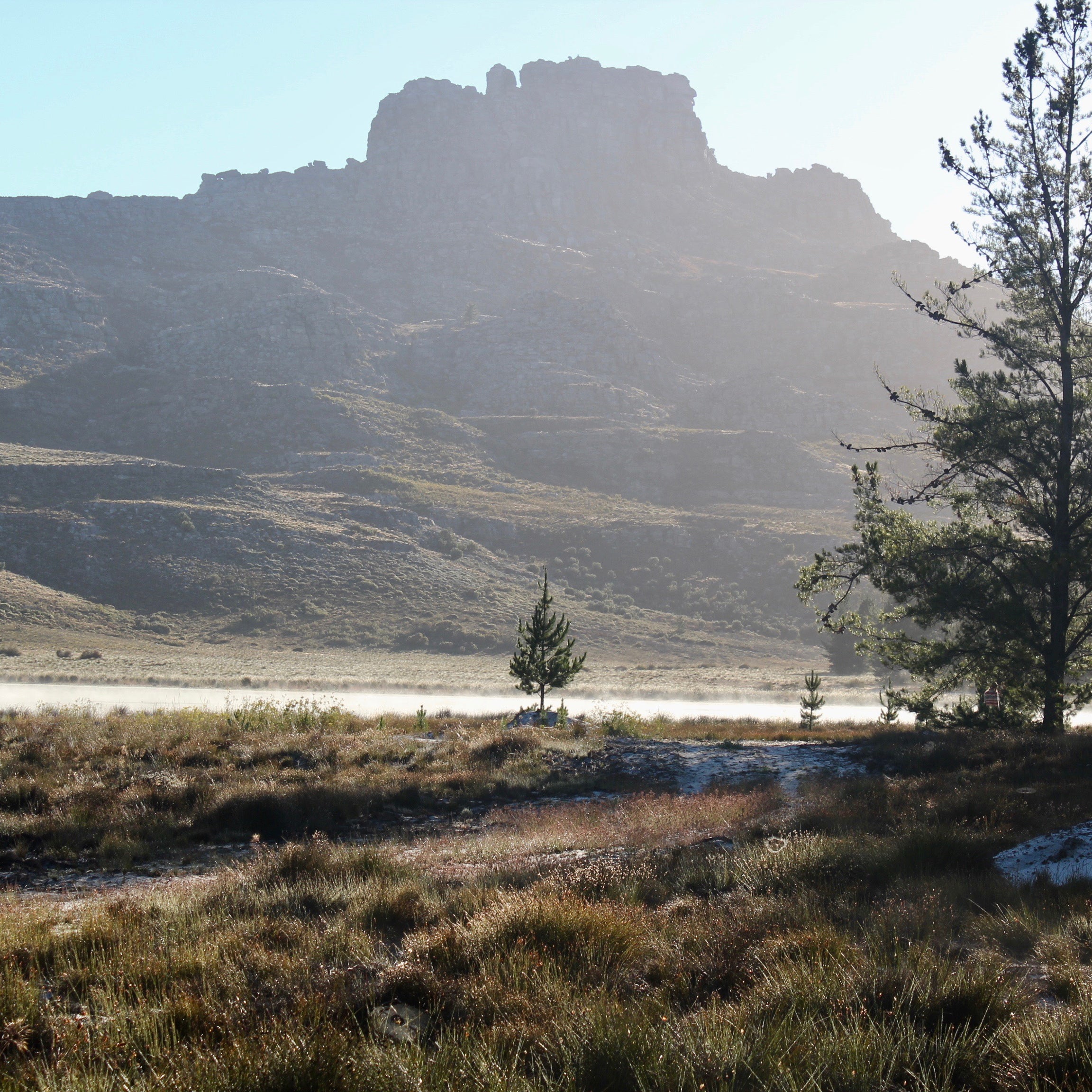Christmas time is here again. At Sealand, our crew is working overtime and Santa Aramex arrives every day in his big red to sleigh to courier Sealand Gear to lucky people all around the world. The other thing about this time of year that makes it significant is that it is the end. Soon we will be making, and breaking, New Year’s Resolutions. But before we march triumphantly into 2019 we need to ask ourselves: “How did we actually do in 2018?” From an environmental perspective, the answer to this question will depend on who answers it. Most of the answers will be negative. We will be told about the dire state of the Earth and that we continue to make it worse. Answers like these are not very Christmassy. While we at Sealand know as well as anyone that we are in the midst of the worst ever recorded environmental crisis, there is progress being made that has not been given the credit that is due. For the sake of Christmas spirit, and beginning 2019 with a positive attitude, there are three environmental victories of 2018 that we think you should know about.

Photo Cred: Ishan Seefromthesky / Unsplash
Somewhat unsurprisingly, the International Coral Reef Initiative dubbed 2018 the International Year of The Reef. Despite questions around bias and authority, there was good reason for this decision. Estimates of the amount of coral reef that has died worldwide range between 25% and 50%, with some areas as high as 80%, in the past 30 years. This year, however, we have seen actual change. World leaders, particularly in the Asia Pacific, have taken actions such as banning toxic sunscreens and requiring tourists to sign an environmental pledge upon arrival in their country, and they are calling on others to do the same. While protection for coral strengthens, research on rejuvenation grows. Organisations such as Mote Marine Laboratory Coral Reef Restoration have made major breakthroughs in the regrowing of coral. These breakthroughs have enabled scientists to grow coral, a process that takes up to a thousand years in the wild, in a matter of months. It seems that the International Coral Reef initiative was, at least in part, right. Fortunately, 2018 showed us that there is space for it to be the year of more than one issue; another being plastic waste.

Photo Cred: Javardh / Unsplash
While it may seem like the war on plastic has been around forever, it is only in recent years that this issue has been brought to the fore. This year saw the culmination of years of anti-plastic sentiment. Through the media, the plastic problem has been relentlessly pushed. This, in turn, has mobilised the general public who have pressured those at the highest levels to implement change. In October, the European Union voted in favour of a complete ban on a single use plastic across the union. This in a bid to stop pollution in the seas. Further, the New Plastics Economy Global Commitment was signed by more than 275 brands. It is the first of its kind collaboration and the signatories – collectively responsible for 20% of all plastic waste globally – have pledged to eradicate plastic waste and pollution. The Commitment is the biggest effort ever seen to mobilise an industrial response to the problem, and it requires tangible change from all signatories. Even our dear Donald Trump signed the Save Our Seas Act in October. This bill is aimed at cleaning up marine garbage, much of which is plastic. It appears that we are well on track to Make The Environment Great Again, and recent research by NASA on the ozone layer reinforces this conclusion.

Photo Cred: Nik Shuliahin / Unsplash
Despite not receiving as much attention as other environmental issues in recent times, the depletion of the ozone layer is something we know well. In 1989, the Montreal Protocol was signed by all 197 members of the UN and bound members to phase out numerous substances that contribute to the depletion of the ozone layer. In 2018 we saw the incredible results of the Protocol. Early in the year, NASA published research that provides evidence of 20% less ozone depletion than there was in 2005. This has resulted in the ozone layer showing clear signs of recovery, and NASA predicts that the ozone hole over the Antarctic will be gone by 2060 to 2080. The successful reduction in the depletion of the ozone layer is surely evidence that, when the world rallies together, we can implement huge positive environmental change.
The fight to save the environment has only just begun. There is no denying that it promises to be a long, hard, battle but victories can, and have, been won. As we get ready to begin the New Year we hope that this post has inspired a new determination, commitment, and hope that 2019 will provide further environmental milestones.





